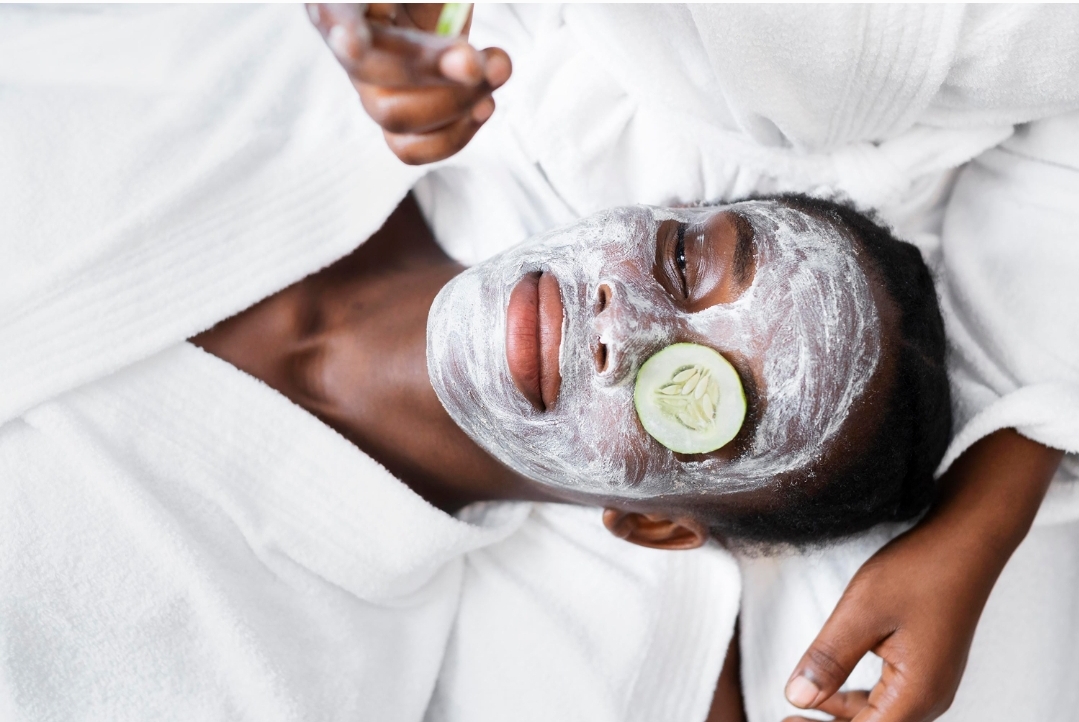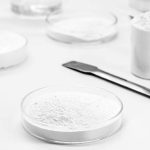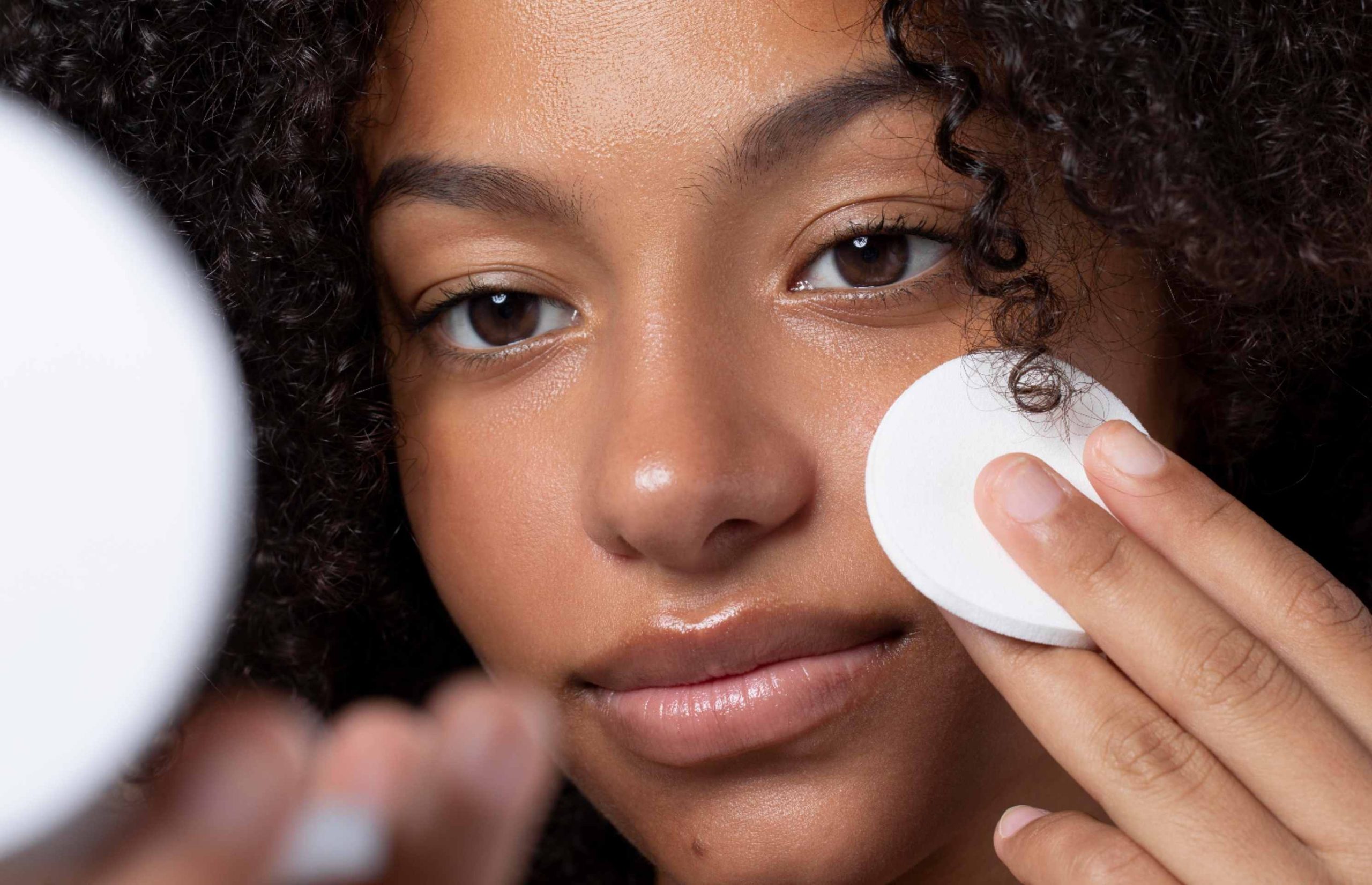The skin is the largest organ of the human body and plays a vital role in protecting the body from external threats, regulating temperature, and preventing dehydration. However, not all skin is the same. There are different types of skin, each with its unique characteristics and needs. In this article, we will discuss the different types of skin, their features, and how to identify your skin type.
1. Normal Skin
Normal skin is the most balanced skin type. It is neither too dry nor too oily and has a good balance of moisture and oil production. Normal skin has a smooth texture, a clear complexion, and small pores. It is less prone to breakouts and can tolerate a wide range of skincare products. People with normal skin need to maintain a healthy skincare routine to keep their skin looking healthy and radiant.
2. Dry Skin
Dry skin lacks moisture and oil production. It often feels tight and rough to the touch and may appear flaky or itchy. It can be caused by genetics, environmental factors, or medical conditions. People with dry skin should use hydrating skincare products that provide long-lasting moisture and avoid harsh chemicals and hot water that can further dry out the skin.

3. Oily Skin
Oily skin has excessive sebum production, which can result in a shiny appearance and enlarged pores. It is more prone to acne and blackheads. Oily skin is caused by genetics, hormonal imbalances, or environmental factors. People with oily skin should use skincare products that control oil production and avoid heavy creams and lotions that can clog pores.
4. Combination Skin
Combination skin is a combination of dry and oily skin. It is characterized by an oily T-zone (forehead, nose, and chin) and dry cheeks. Combination skin is caused by genetics and hormonal imbalances. People with combination skin should use gentle skincare products that balance oil production and provide hydration to the dry areas.
5. Sensitive Skin
Sensitive skin is caused by an overactive immune system resulting to reactions to external factors, such as fragrance, chemicals, and allergens. It can be itchy, red, and prone to rashes and breakouts. People with sensitive skin should use skincare products that are free from harsh chemicals and fragrances and avoid environmental factors that trigger a reaction.
6. Aging Skin
Aging skin is characterized by a loss of elasticity, wrinkles, and fine lines. It is caused by a natural decline in collagen and elastin production, exposure to environmental factors, and lifestyle factors such as smoking and sun exposure. People with aging skin should use skincare products that target wrinkles and fine lines and protect the skin from sun damage.
7. Acne-Prone Skin
Acne-prone skin often experience frequent breakouts and blemishes. It can be caused by genetics, hormonal imbalances, and environmental factors. People with acne-prone skin should use skincare products that contain salicylic acid or benzoyl peroxide and avoid heavy oils and greasy makeup that can clog pores. Learn more
8. Rosacea-Prone Skin
Rosacea-prone skin shows persistent redness, flushing, and visible blood vessels on the face. It can be caused by genetics, hormonal imbalances, and environmental factors. People with rosacea-prone skin should use skincare products that are gentle and free from fragrances and avoid environmental factors that trigger a reaction.

How to Identify Your Skin Type
Understanding your skin type is essential for selecting the right skincare products and maintaining healthy, radiant skin. Here are some simple ways to determine your skin type:
- Wash your face with a gentle cleanser and pat dry. Wait for an hour and observe your skin.
- If your skin feels tight, rough, and appears flaky, you likely have dry skin.
- If your skin feels oily and appears shiny, especially around the T-zone (forehead, nose, and chin), you likely have oily skin.
- If your skin feels tight in some areas and oily in others, you likely have combination skin.
- If your skin appears normal, feels smooth, and has a balanced texture, you likely have normal skin.
- If your skin is easily irritated and prone to reactions, you likely have sensitive skin.
- If your skin has visible wrinkles and fine lines, you likely have aging skin.
- If your skin is prone to frequent breakouts and blemishes, you likely have acne-prone skin.
- If your skin has persistent redness, flushing, and visible blood vessels on the face, you likely have rosacea-prone skin.
It is important to note that some factors can affect your skin type, such as environmental factors, hormonal changes, and certain medications. If you are unsure about your skin type or have concerns about your skin, it is best to ask for recommendation from the esthetician or a dermatologist whenever you want to use or change your skincare products. They can perform a thorough evaluation of your skin and recommend a personalized skincare routine that suits your skin type and concerns.
To know more about skincare tips, visit Anifil Skincare Blog.








